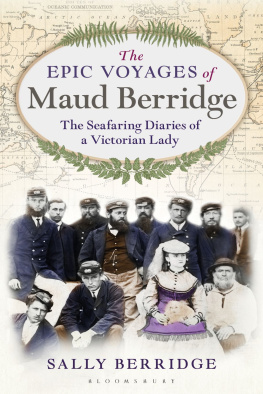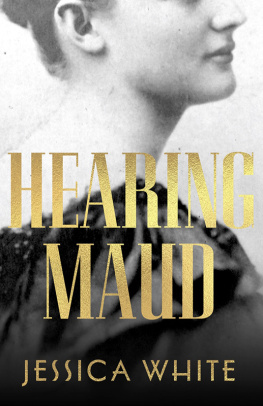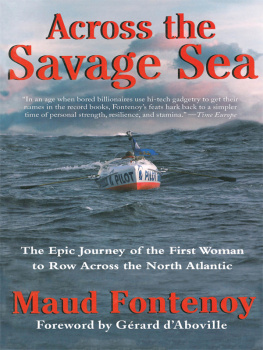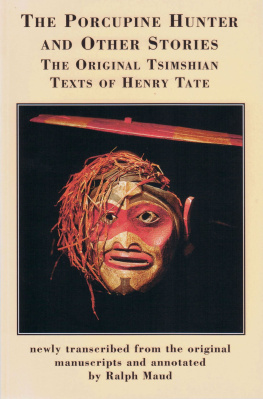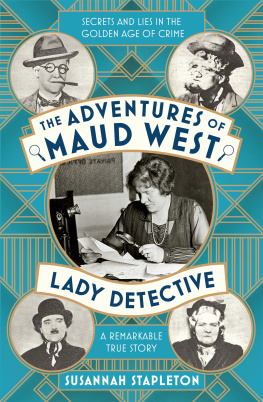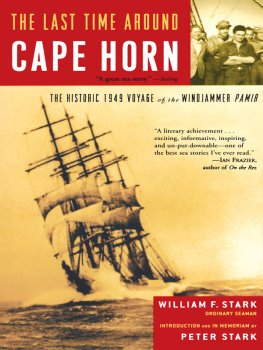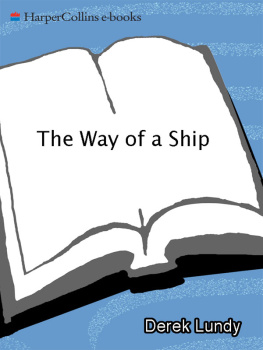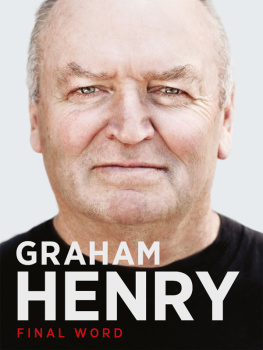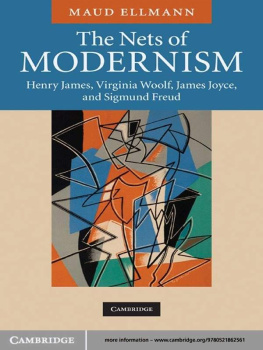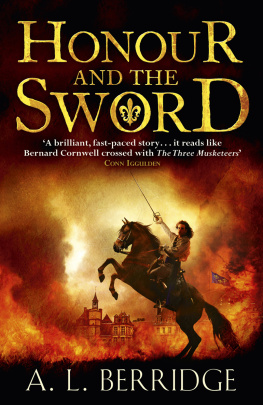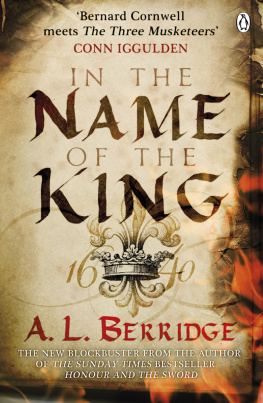
To Maud Berridge, truly one of Britannias daughters.

Dr Ian Petrie of the University of Pennsylvania has been of invaluable help to me. He came across my family tree on the internet when he was researching the log of the Clarence , an East Indiaman; Henry Berridge had been first mate on board at the time and Ian was investigating the crew. When he heard I was writing about Maud Berridge, he pointed me towards important books and papers that would assist me in putting her story together as well as finding historical information for me from both the National Maritime Museum at Greenwich and the Maritime Museum at St Johns, Newfoundland. I am completely indebted to him.
Audrey Russell of Melbourne very kindly scanned and sent me several photos of Maud and Henry from her Timperley archives.
I also appreciate the assistance of the West Australian Police History Society Inc and their generosity in letting me use the photo of a young WH Timperley.
The Little Baddow Historical Society kindly sent me biographical details of Jesse Berridge.
I want to thank Fiona and Simon Luckhurst for reading the manuscript and making useful and pertinent comments.
Contents
My Dear Great-Grandmother Maud
I wonder what you would think of your diaries being published. From the way they were written I do believe that they were intended for the eyes of your sons Harold and Jesse, your darling boys, when they were old enough to appreciate them, and perhaps your brothers and their families as well. Some 134 years have passed since you wrote them: your sons and grandsons are dead now, but your strength as an unsung Victorian woman still shines through your words. I hope that I am keeping a torch lit for you, as your descendant and your admirer.
You died 30 years before I was born, so when I found your diaries on the website of the National Maritime Museum at Greenwich in London in the course of family research, I was very excited. I had heard of your husband Henry (Harry as you called him), a master mariner, but I wanted to know more about you.
Your diaries showed me a woman of substance: you never complained about the bad weather or uncomfortable conditions on board, or about seasickness. You made interesting comments about others. You were always loyal to your Harry. You showed a keen interest in other cultures. You endured the boredom of the calm times and the danger of the rough ones with equal stoicism. Your faith was always strong for you.
I suppose you were a loving and dutiful wife in the Victorian ideal, but I think that you werent subservient to Harry. It seems that you truly admired him and his skilled seamanship. I love it that he took you tea in bed or read you poetry on deck by the light of the new moon. I like to think that the two of you had a genuine love match. As happens so often, even now, it is the men who live in the limelight, while the wives are in the shadows. Yet I ask, would Henry have been such a good captain if you had not travelled with him?
In 2016, I was on a cruise ship north of Sydney that made a temporary, watery disturbance in the sea, leaving no trace of its passage. In 1883, the sailing ship Superb had made her way up this very coast, and at some point I crossed paths with the watery disturbance you and Henry had made when you set off from Newcastle, New South Wales, to turn east across the Pacific Ocean towards San Francisco. A fragile connection, but one that has grown to feel more secure as I have investigated your story.
I feel so privileged to have come to know you just a bit, and to share some of your story. Joanna Trollope wrote Britannias Daughters: Women of the British Empire about 100 years after your voyages. As she puts it, many delicately nurtured but clever young Victorian women were imprisoned in the unbearable emptiness of respectable drawing rooms, like dolls waiting for men to come in and wind them up to a brief animation before leaving the room again and abandoning them to desperate monotony. You managed to escape this fate, through the chance for freedom and a degree of self-expression presented by your marriage to a sea captain. It seems as though seasickness, the cramped conditions and dangers on board were a small price for you to pay.
I wish I had known you.
Your loving great-granddaughter
Sally
As Henry says, we have only one life to live, and he cannot be at home, and it is very hard for us to be separated so much, and a very unpleasant way of spending our lives when one is thousands of miles away.
My great-grandmother Maud Berridge (ne Timperley) was the wife of Henry Berridge, master mariner and captain of three three-masted sailing ships: Walmer Castle (built in 1836), Highflyer (built in 1861) and Superb (built in 1866), all owned by Greens at Blackwall Yard, London. Henry sailed these ships many times from London to Melbourne, taking migrants to Australia. Maud accompanied him on five of these voyages, travelling on the Walmer Castle once (18691870) and on the Superb four times (18801881, 18821883, 18831884, 18861887) to Australia and back to England (and, in 18831884, from Melbourne to San Francisco before returning to England).
Maud may have written more diaries of her voyages, but only two remain: a fragment from 18801881 and a full account from 18831884. These are the core material of this book. They were deposited with the National Maritime Museum at Greenwich, London by her son Jesse in 1948. The 1880 fragment has no cover, and the 18831884 account is written in pen and ink in two volumes. The first is a blue leather-covered book about 15cm (6in) square, and the second is a larger dark red leather-covered notebook about 24cm (9 in) square. The binding of both is battered and the pages have yellowed. They are now digitised and are therefore accessible via the internet.


Mauds diaries of her 188384 travels.
I have been unable to find details about Mauds other three voyages apart from shipping records in Melbourne so I have used material written by others that describes life on board: a diary (18691870), the Superb Gazette of 1882 and a letter (18861887), all incidentally giving masculine views of life on board for these voyages.
In 1869, as a new bride, Maud sailed on her first voyage to Melbourne via the Cape of Good Hope and back to London via Cape Horn on the Walmer Castle. Henry was taking the wheel for the first time as captain. Then there is a gap of about 11 years, presumably for childrearing. In 1880 she wrote a diary of her voyage to Melbourne with her two sons, Jesse aged six and Harold aged eight, on board the Superb. Only part of this diary remains. I remember my grandfather, Harold, telling me he went on a sailing ship as a child and had to tap the weevils out of the ships biscuits before he could eat them.
Mauds extensive 18831884 diaries cover her travels with Captain Henry in the Superb from London: first travelling south to catch the Roaring Forties strong winds south of the Cape of Good Hope, which also bring enormous waves, storms and icebergs and then east to Melbourne. After a short stay it was on to Newcastle, NSW to pick up a load of coal (and visit Sydney), from there sailing across the Pacific to San Francisco to unload the coal. After having spent two months there they picked up a load of wheat, and sailed down the west coast of the Americas, round Cape Horn, and on to (then) Cooktown, County Cork, Ireland to unload the wheat. Their return to England from San Francisco took about five months (no Panama Canal then), and the whole voyage some 14 months. She describes Melbourne, Newcastle, Sydney and San Francisco in 1883 as well as their travels to see the geysers in Sonoma County.

